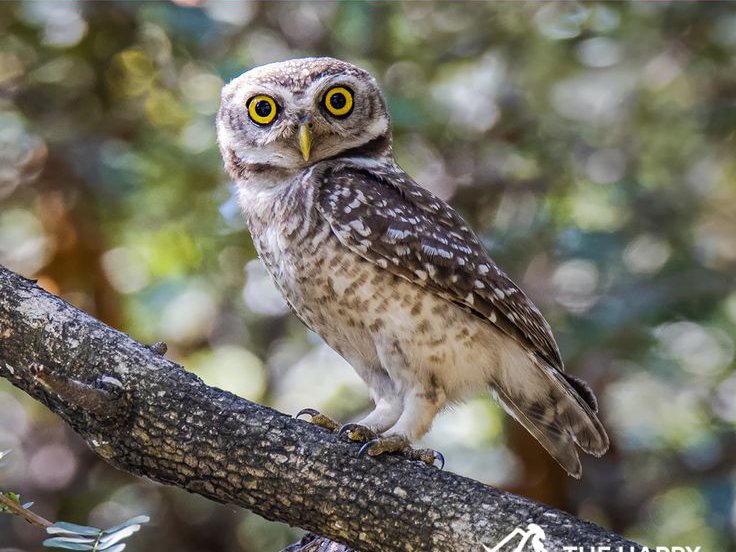
Owls are mysterious, majestic, and fascinating creatures. From their silent flight to their intense gaze, they’ve captured human imagination for centuries — especially thanks to popular culture like Harry Potter. But that leads many people to wonder: can you keep an owl as a pet?
The answer is more complicated than a simple yes or no. While it’s technically possible in certain countries or under specific licenses, owls are not your average household pet. Their care requirements, legal restrictions, and temperament make them a challenge for even experienced animal caretakers.
Why Owls Don’t Make Good Pets
Even if it’s legal in your area or you’re able to obtain a permit, there are several reasons why owls make difficult and unsuitable pets for the average person:
1. Specialized Diet
Owls are carnivorous and need a diet of whole prey, such as mice, rats, chicks, or insects. They don’t eat seeds, kibble, or general bird food. Feeding them can be messy, expensive, and emotionally difficult for some owners.
2. Space and Habitat
Owls need large enclosures or aviaries that mimic their natural environment. Keeping an owl in a cage inside your house is not only unethical, but it can cause stress and physical harm to the bird.
3. Nocturnal Behavior
Most owl species are nocturnal, meaning they are active at night and sleep during the day. That means noise, movement, and messes when you’re trying to sleep — not exactly ideal for a pet.
4. Strong Instincts
Owls are not cuddly, affectionate animals. They are wild by nature and have powerful beaks and talons, which can injure people if the owl feels threatened or uncomfortable.
5. Lack of Socialization
Unlike dogs or cats, owls don’t bond in the same way with humans. They are solitary in the wild and can become stressed by handling or confinement.
Are There Any Exceptions?
In rare cases, injured or unreleasable owls may be kept by licensed rehabilitators or used for educational purposes. These individuals undergo extensive training and have facilities designed to care for raptors. Even then, the goal is not to treat the owl like a pet, but rather to give it the best life possible outside the wild.
Final Thoughts
So, can you keep an owl as a pet? Technically, under special circumstances and licenses, yes — but in reality, it’s not a responsible or realistic choice for most people. Owls are wild animals, not domestic companions. Their complex needs, legal restrictions, and natural behavior make them better suited for the skies than the living room.
If you admire owls, consider supporting wildlife rescue organizations, visiting educational raptor centers, or adopting a plush owl toy instead. These options allow you to appreciate these magnificent birds without putting them — or yourself — at risk.
Learn More
For accurate information about raptor care and regulations, visit petopedia.xyz or contact your local wildlife authority.
